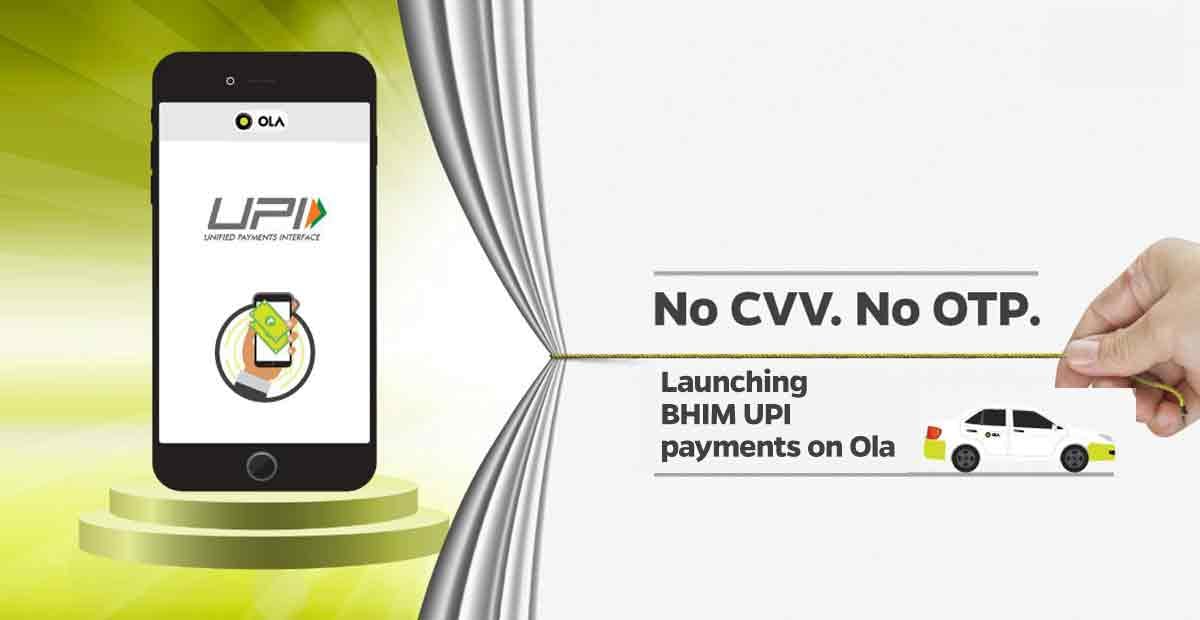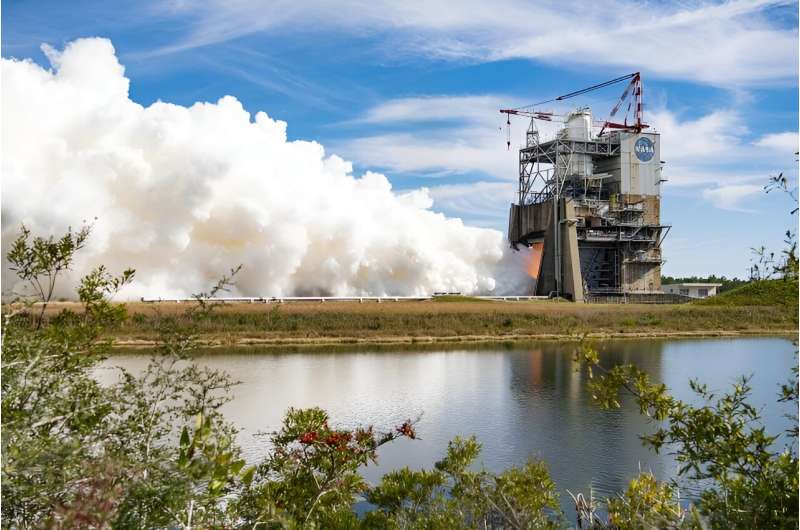1. Google Photos: AI-Powered Organization with Photo Stacks and Document Management
Google is introducing new AI-powered features to help users declutter their photo galleries and enhance organization. One feature, Photo Stacks, automatically identifies and groups similar photos taken close together, presenting the best shot as the top pick to reduce gallery bulk. Users have the flexibility to customize stacks or disable the feature as needed. Additionally, AI in Google Photos now intelligently categorizes screenshots and documents into albums like ID, receipts, and event information, making it easier to locate specific items. Users can also set reminders in their calendars directly from screenshots, enabling efficient access to relevant information. These features are being rolled out on Google Photos for both Android and iOS platforms.
2.Ola introduces payments via Unified Payments Interface (UPI) for rides

Ola Cabs is introducing a new feature enabling customers to make UPI payments directly to drivers via their app. Initially launching in Bengaluru by week's end and expanding nationally by December's end, this innovation aims to streamline the payment process by eliminating the need for third-party payment apps. Users can create a UPI ID within the Ola app, link their bank accounts, and securely make payments after each ride by entering their UPI PIN. Additionally, customers have the option to scan the driver's QR code for payment. This move is anticipated to swiftly bring over 2 million Ola users onto the UPI platform. Notably, a similar feature exists in the new entrant Namma Yatri, powered by Juspay. Ola's adoption of UPI aligns with its plans to collaborate with the government's ONDC for last-mile delivery services, catering to various categories such as food delivery, groceries, and pharmaceuticals.
3.New SIM card rules by Government

The Indian government is implementing new SIM card rules starting December 1, bringing several changes to curb illegal activities and prevent digital fraud:
Registration Process: Point of Sale (PoS) agents must sign agreements with telecom providers to deter illegal activities, facing penalties and termination if found engaging in such actions. Sellers have 12 months to comply with new registration requirements to identify and eliminate rogue sellers.
KYC Rules: Purchasing new SIM cards or applying for one on an existing number requires mandatory demographic details captured via Aadhar card QR code scanning. New numbers will be assigned only after 90 days of disconnection by the previous user. SIM replacement demands a complete KYC process, with a 24-hour bar on outgoing and incoming SMS facilities.
Bulk SIM Purchase: The sale of SIM cards in bulk is prohibited to prevent digital fraud. However, businesses, corporates, or event-based connections are allowed with KYC norms applied to individual SIM owners. Customers can still purchase up to 9 SIM cards on one ID card.
The government aims to curb fraudulent calls and activities previously associated with bulk SIM purchases. These changes seek to establish a proper business connection provision while enhancing security measures and accountability in SIM card transactions.
4.NASA Achieves Milestone with Successful RS-25 Engine Test for Artemis Missions

NASA achieved a significant milestone in the Space Launch System (SLS) development by conducting the third RS-25 engine hot fire, a crucial step in the certification process for future Artemis missions. The test, part of a 12-test series, demonstrated the engine's capability for flight, focusing on new manufacturing processes, including 3D printing, for RS-25 engines destined for deep space missions. The engine underwent an almost 11-minute hot fire, including gimballing, a technique crucial for SLS stability during orbit. The test exceeded operational parameters and power levels required for SLS launches, ensuring a margin of safety. The ongoing series is set to continue into 2024 as NASA works towards lunar exploration and prepares for future missions to Mars. Each SLS flight involves four RS-25 engines generating a combined thrust of 1.6 million pounds at launch and 2 million pounds during ascent. All RS-25 engines undergo testing at NASA's Stennis Space Center.
5.Tesla Cybertruck delivery event: Everything Elon revealed about the EV pickup

After a prolonged wait, Tesla has initiated deliveries of its long-awaited Cybertruck. Despite the price range being notably higher than initially projected by CEO Elon Musk in 2019, starting from $60,990 to $99,990, the truck boasts exceptional performance figures, rivaling some supercars.
Elon Musk shared a video showcasing a drag race between the Tesla Cybertruck and a Porsche 911 on a drag strip. In the race, the Cybertruck immediately takes the lead due to its instant electric power and maintains a substantial advantage while the Porsche 911 trails behind. However, there's an intriguing twist—the Cybertruck is towing a trailer carrying another Porsche 911.
The weight of the Porsche 911 ranges from 1,455 to 1,715 kg, and the specific model used in the video remains unclear. Nonetheless, the Cybertruck demonstrates its impressive towing capacity of 4,990 kg, alongside a claimed acceleration of 0-60 mph (96 km/h) in just 2.6 seconds (subtracting rollout). This spectacle highlights both the exceptional performance capabilities and towing prowess of the Tesla Cybertruck in a rather unique and attention-grabbing manner.